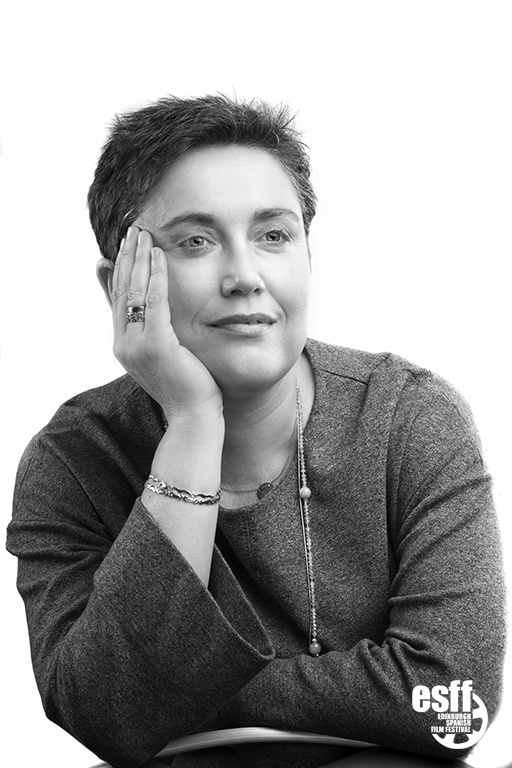Retrieving the untold story of Spanish feminism: delivering new cultural products and influencing public recognition of pre-Francoist feminist cultural legacy
2 mins to read
The history of women and feminism in Spain, erased and hidden during the Franco era, has been rediscovered thanks to researchers at the University of Exeter.
Through written research, public engagement events, engagement with Spanish institutions, film and radio documentaries and a growing presence in Spanish media, Professor Nuria Capdevila-Argüelles´s research has rebuilt history of Spanish feminism in the 20th century following the Franco-era destruction.
Scholars were quick to declare the feminist debate open after 1975, during Spain’s transition to democracy. Activists also started to dismantle Francoist misogyny with little awareness of a feminist legacy to support the heavy burden of undoing deeply-rooted sexism.
Since 2015, Capdevila-Argüelles has co-directed the ‘Biblioteca Elena Fortún’ project, a series of editions of published and previously unpublished books and materials by Elena Fortún. Fortún was an important female figure during the Franco-era, writing the celebrated children fiction series centred around the ‘Celia’ character.
Capdevila-Argüelles acted as an official advisor for a two part TV documentary series with a host of associated educational and cultural programmes, first launched in 2015 and described in a 2016 article on RTVE as ‘the first big Spanish transmedia project’. It was broadcast to 250,000 households, and having moved to an online catch-up service, was seen 25,000 times in the first six months. The accompanying educational material was accessed 45,000 times online in the first twelve months.
Capdevila-Argüelles’ commitment to reviving the work and legacy of Spanish 20th century feminists has influenced the development of other activities and enterprises such as feminist tourist walks known as ‘Herstoricas’; and the cultural tourism project called ‘Rutas Teatrales’.
"CartasVivas is making invisible women visible and making women come out of the past embodied by charismatic actors from today."
Rutas Teatrales design critical urban tours in Madrid to allow citizens to follow the paths of forgotten stories, and Capdevila-Argüelles’s research. Herstóricas has inspired people to always challenge the absence of women in any cultural space and to rethink cities and their history as ‘herstory’.
A new project ‘CartasVivas’, an audiovisual brand and ongoing project, is a series of short films started in 2019 featuring acclaimed Spanish actors reading letters and memoirs by women intellectuals and artists from the Spanish avant-garde.
CartasVivas is making invisible women visible and making women come out of the past embodied by charismatic actors from today. In the current educational emergency following COVID-19, CartasVivas´s team will be developing a series of educational podcasts and other online learning materials to be made available from January 2021 to Spanish and British universities.
Nuria Capdevila-Argüelles’ reputation as a leading scholar in women’s history has helped to rediscover previously lost and forgotten women in Spain’s history. Her research has had significant influence on the public debate and understanding of what has taken place, leading to official recognition, financial benefits to the creative sector, changes in educational practices and methods, and innovation and entrepreneurial activity in cultural tourism.
Meet our researchers

Professor Nuria Capdevila-Argüelles
Professor in Hispanic Studies and Gender Studies
N.Capdevila-Arguelles@exeter.ac.uk



